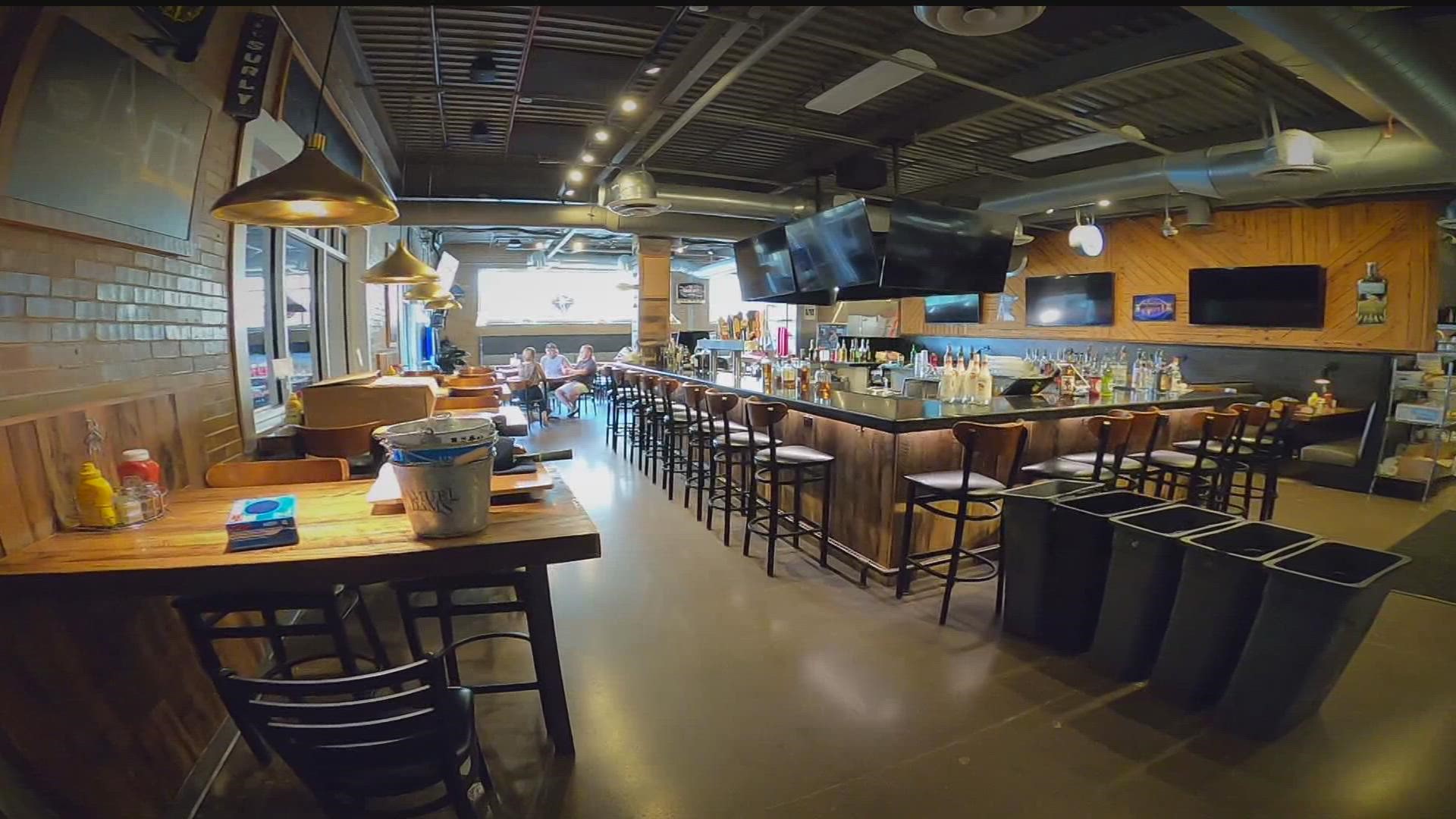MINNEAPOLIS — The restaurant business is hard — and that was before the problems bestowed upon the industry during the pandemic.
Before 2020, experts who study its trends found one in three restaurants close in their first year.
Even more so, Indiana University History Professor Rebecca Spang says, communities lose more than "just a meal" when a restaurant shuts down.
"That ability to kind of co-exist, to know that everybody is there together, doing their own thing is, I think, a really foundational part of community, and to be honest, of democracy," said Spang.
Bunny's Bar & Grill in northeast Minneapolis closed its doors after serving people for the last time on the Fourth of July, a decision its owners call bittersweet.
"I think people, by looking at us certainly, at certain times, it was like, 'Wow, you guys are doing great, you're rocking it.' The problem is the peaks and valleys, and that median just was not there," said co-owner Steve Koch. "You know, a lot of this stuff was out of our control," said its other co-owner Gary Rackner.
Koch and Rackner opened the spot in Minneapolis about six years ago, but admit that the consideration to close had been brewing for at least half that time.
"Then 2020 came and the wheels fell off, of course, and it's just been tough to regain the ground after that," said Koch.
The pair blame the pandemic for accelerating its decline, including the civil unrest that followed and a nearby homeless encampment. The two calling the closure a "failure," but one not unique to only these business partners.
A mile away, the iconic Betty Danger's Country Club is on the market — the second time in two years. The owner telling us that her mental health is the main reason she's listing the restaurant, known for its mini golf and Ferris wheel.
"Restaurants are pretty distinctive in being public places where people go to be private," said Spang. "And if there aren't those spaces where people can gather and as the bumper sticker says 'peacefully co-exist,' then we really do lose something."
Spang says that restaurants first emerged in Paris in the 1700s. They were a place meant to restore one's appetite, but one that nowadays is part of a dwindling set of public spaces where strangers can co-exist peacefully.
"Are you going to get shot? Are you going to catch some terrible virus?" asked Spang. "There are all sorts of reasons why it seems prudent to hide at home or to get take-away, but so much is lost and there has to be something that's a space people can use communally."
"We did develop a nice, loyal fan base here," said Rackner, who's still turning customers away who are unfamiliar with news of the closure. He says it will take another couple months to clean out the space within the building that's being sold. Rackner says it's unlikely another restaurant will replace Bunny's.
"I know northeast is going to miss us, especially on sports days because this was the place to be on a Viking game," said Rackner. "It was electric in here and I'm going to miss that."
The two recognize the closure means a loss of community, but it allows them to focus more on their second location in St. Louis Park. It has been around since 1933 and it has a large following of loyal customers.
Rackner has owned it since 1988 and Koch became a business partner in 1999. Neither one says that location will close anytime soon.
Watch more Breaking The News:
Watch all of the latest stories from Breaking The News in our YouTube playlist:

